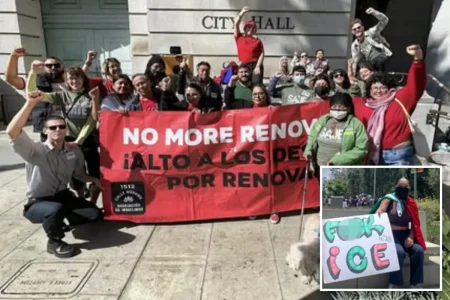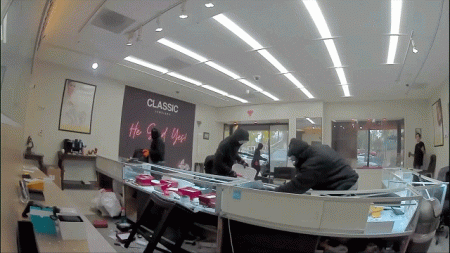Ukraine’s Presidential Chief of Staff Falls Amid Corruption Investigation
Andriy Yermak, the influential chief of staff to Ukrainian President Volodymyr Zelensky and one of the country’s lead peace negotiators, has resigned following an investigation into what appears to be a significant corruption scandal. This development represents the highest-profile casualty yet in Ukraine’s ongoing struggle against corruption, a fight that has taken on added importance as the nation continues to receive substantial international aid while battling Russian aggression. Yermak, who had been one of Zelensky’s closest confidants and a key figure in diplomatic efforts with international allies, now faces allegations of involvement in a kickback scheme that has sent shockwaves through Ukraine’s political establishment.
The investigation reportedly uncovered evidence of a complex system of bribes and kickbacks involving government contracts, with the scheme allegedly reaching into the highest levels of the presidential administration. While specific details about Yermak’s direct involvement remain unclear, his position as chief of staff made him ultimately responsible for the administration’s operations and personnel. The scandal comes at a particularly sensitive time for Ukraine, as the country continues to rely heavily on Western support in its conflict with Russia and works to demonstrate its commitment to democratic reforms and anti-corruption measures – key conditions for continued international backing and potential European Union membership.
Zelensky, who rose to power on a strong anti-corruption platform in 2019, has faced increasing pressure to address allegations of wrongdoing within his government. The president has previously taken decisive action against officials accused of corruption, but Yermak’s resignation represents the most significant such move to date, given the chief of staff’s prominent role in both domestic politics and international negotiations. For many Ukrainians, combating endemic corruption remains as important as the military struggle against Russian forces, with citizens demanding accountability and transparency from their leaders during this pivotal moment in the nation’s history.
As a key architect of Ukraine’s diplomatic strategy and one of Zelensky’s most trusted advisors, Yermak’s departure creates significant challenges for the administration. His deep involvement in peace negotiations and his relationships with international leaders had made him an essential figure in Ukraine’s wartime diplomacy. The scandal also threatens to undermine international confidence in Ukraine’s governance at a critical juncture, potentially complicating efforts to secure continued military and financial support from Western partners who have emphasized anti-corruption reforms as a condition for their backing.
The Ukrainian public’s reaction to the scandal has been mixed, with some praising the investigation as evidence that no official is above scrutiny, while others express concern about potential political motivations behind the timing of the revelations. Civil society organizations that have long pushed for greater accountability in Ukrainian politics have generally welcomed the investigation, though many caution that it must be followed by meaningful reforms rather than being limited to individual prosecutions. For ordinary Ukrainians struggling with the daily realities of war, economic hardship, and displacement, the scandal reinforces long-held suspicions about corruption among the political elite, even as they continue to rally behind their country’s defense.
Looking forward, Zelensky faces the difficult task of appointing a new chief of staff who can effectively manage the presidential administration while also helping to restore public and international confidence in the government’s integrity. The president must balance the need for continuity in Ukraine’s wartime leadership with the imperative to demonstrate serious commitment to rooting out corruption. The investigation into the kickback scheme is likely to continue, possibly implicating additional officials and forcing further personnel changes. For Ukraine, the challenge remains to pursue justice and accountability even while fighting for national survival, understanding that its democratic aspirations and anti-corruption efforts are not separate from its defense against Russian aggression but rather integral components of the same struggle for a sovereign, free, and fair society.








